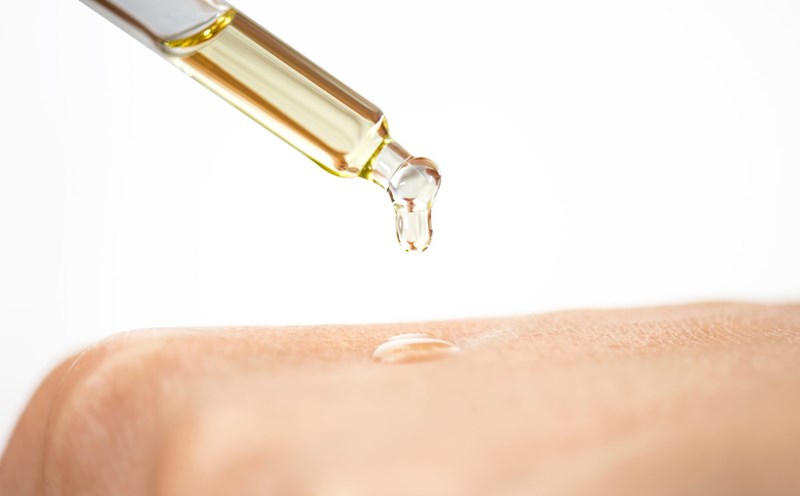Collagen kidney disease, essentially a protein.
When consumed in high doses for a long time, it can increase the burden on the kidneys, especially for people with impaired renal function.According to Dr. Jessica B.Cording, a nutritionist in New York (USA): "If someone is having kidney problems, the consumption of supplementary protein - including collagen - can damage the filtering function of this organ, causing toxin accumulation in the body." A study published in the American Clinical Nutrition Magazine (AJCN) in 2021 showed that excessive protein supplementation from functional foods could increase the risk of chronic kidney disease progression in humans who had kidney damage earlier.
Therefore, women with kidney disease need to be particularly cautious, should consult a doctor before adding collagen.Metabolic disorders such as collagen gout contain amino acids such as glycine and proline, which can be converted into purin - a substance that increases the content of uric acid in the blood.
For women with gout or higher risk of gout, uncontrolled collagen supplementation can activate acute gout pain.
Dr. Sarah Jackson, a medical doctor at Harvard Medical School, said: "Gout people need to be careful with all sources of protein supplements, especially from functional foods of unknown dosage like collagen.
Acute gout can be activated because a few days of improper use." Liver disease is the organ that is responsible for metabolizing most of the nutrients into the body, including protein.Once the liver has damaged (for example, due to hepatitis, fatty liver or cirrhosis), the addition of large amounts of collagen can cause the liver to be overloaded.
Dr. Rachel Wong, an expert in liver disease at the University Hospital of Queensland (Australia), warned: "Collagen supplementation when the liver cannot effectively handle protein can increase the risk of ammonia accumulation in the blood, leading to neurological disorders or more severe liver coma." Therefore, women who are treating chronic liver diseases should not use oral or powdered collagen.
This is more important when many collagen products on the market are not strictly controlled in composition and real content.Cancer, although there is no clear evidence that collagen causes cancer, but supplementing with functional foods during cancer treatment is something to consider.
Some doctors are concerned that collagen - especially fish or animal skin extracts - can contain hormones or heavy metals if not produced according to strict standards.According to the American Cancer Society: "Cancer patients should avoid using any functional foods without the approval of the treating doctor, including collagen." This is to avoid interaction with medication or affect the immune system's ability to respond.
Collagen is not a "panacea" for all women.
Collagen supplementation should only be done after medical advice, especially for people with background disease.
Collagen -rich natural foods should be given to bone broth, salmon, eggs and soybeans - instead of abusing functional foods.In the context that the functional food market is growing strongly but there are still many test holes, women need to equip basic medical knowledge and listen to their body more than ever.
Women with these diseases should not take collagen supplements
HƯƠNG SƠN (THEO INDIANEXPRESS) |
International health experts warn that not everyone should supplement collagen, especially women with some chronic diseases.











